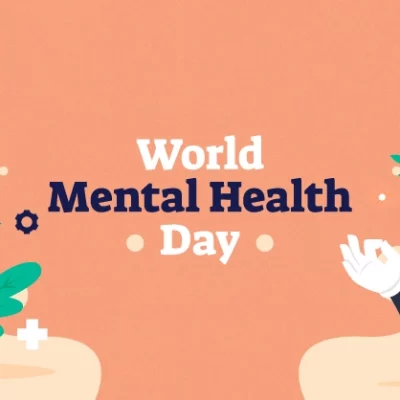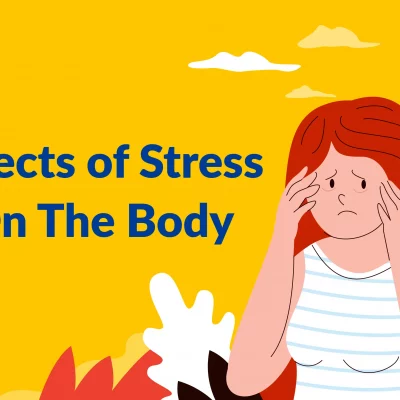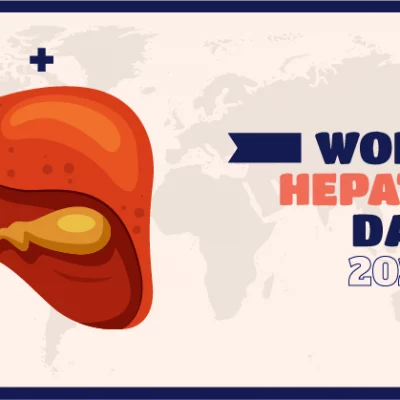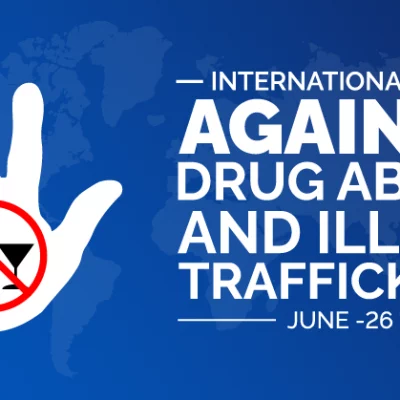How to Deal With the Coronavirus Situation Psychologically
Table of Contents
During this difficult time, the world is gripped with fear about the coronavirus, but it has still managed to stay strong, no matter what the situation. Since news surrounding the coronavirus outbreak is telecasted on all media platforms – a daily tally of countries affected and of fatalities incurred – it is understandable where most of the public anxiety stems from.
It isn’t wrong to say that the coronavirus is not only on the verge of infecting us physically, but also taking a toll on us mentally. There is a strong possibility of a psychological distress that might engulf people, especially students who are pursuing higher education overseas.
Being isolated in their dorm rooms on an almost-empty campus doesn’t help much, especially when they can communicate through online platforms
When strong emotions are underway with many questions in mind like- When will the pandemic end? Will I get infected? How can I protect myself and my family? Coping with this stress is the only way out and eventually will make the people you care about and your community stronger.
Below given are some information related to COVID-19 stress and what it leads to, how psychological intervention plays it part, and how things should go about finding a solution and cure for our mental health.
Stress-Related Conditions
It is a move which was unthinkable a month back, quarantine, social distancing, stay at home have now become a commonplace for all and this is especially difficult for international university students staying elsewhere, away from homes.
The thought of being quarantined at a place which is strangely new as the country is for them, is constantly nagging their minds. What if they get infected and quarantined is what they fear. This, in turn, leads to stress, anxiety, and depression.
Even as the government makes concerted efforts to stop the chain of infections, different types of stress syndromes can overpower us. The ongoing apprehension of quarantined seclusion can have adverse effects on our mental well-being.
Stress during an infectious disease outbreak can include-
a) Fear and worry of own health and that of others especially loved ones.
b) Sleep deprivation and not willing to eat or consuming little.
c) Chronic health problems only to make situations worse.
d) Alcoholism or substance abuse due to stress.
The only solution psychologists suggest is to remain calm and not panic. Conversing with a psychologist or a family member about the stress can help lessen it to a certain extent. Students can contact The Substance Abuse and Mental Health Services Administration to seek further psychological help.
Psychological Crisis Intervention
A possible answer to the stress related issues as those mentioned in the paragraph above, a psychological intervention by the government of the disease-stricken countries is the need of the hour.
It is seen that by socially distancing people now avoid going places to meet well-wishers and are confining themselves more. This can make them more depressed as people hate to be in boundaries that limit their freedom. Constantly watching news bulletins on COVID-19 further adds to the grief of not being able to socialize.
It, therefore, calls for an action taken which is Psychological Intervention. There has to be more of a dynamic approach which should adapt to suit different stages of the epidemic which should be done before and after the outbreak.
Here, comes the role of the mental health professionals who should take part in the overall intervention process to help mobilize the psychosocial response at the correct time.
Even after they are diagnosed with the disease and when quarantined, they should be monitored and given psychological consultations on a timely basis. There has to be intervention for 1) Fear of disease and 2) Intervention for difficulty in adaptation.
People with serious mental conditions leading to excessive psychological distress syndrome (suicidal tendencies and violence) must get treatment from psychiatrists. We can take example of what China did by establishing the mental health service system.
China now has developed a new intervention model to handle the present COVID-19 public health crises. This consists of the West China Hospital integrating with physicians, psychiatrists, psychologists, and social workers into Internet platforms.
Mental Health Measures by Organizations and Universities
As the COVID-19 outbreak continues and the health of citizens, students, children, and old people is the concern, mental health and well-being is not something to be ignored. Looking into this various health care organizations and universities are coming up with psychological help to students.
Sir Anthony Seldon, vice-chancellor at the University of Buckingham, is of the opinion, “Students should reach out for much needed assistance. They are free to talk to our specialist mental health advisors, mentors, and personal tutors should they be feeling anxious or need extra support during this time of minimized social contact.”
The Maastricht University brings in UM psychologists to the forefront here to help increase student wellbeing. They are organizing walk-ins for a quick psychological referral: every Monday (Randwyck) and Thursday (inner city) where students can have a short meeting to ask most relevant questions on mental wellbeing.
Similarly, organizations like Student Counseling Service (SCS) urges everyone to attend to mental wellbeing and reach out for support during these challenging times. Here, students have options for receiving mental health care both on and off-campus.
They can visit the SCS website and get the contact information to connect with a clinician for psychological help. SCS is also organizing group therapy sessions and ‘Let’s Talk’ programs during Spring Quarter, either in person or virtually.
In this trying time, when everything seems to go haywire for those quarantined with Coronavirus and even for those who are non-infected from the disease, things get difficult for them as it seems.
Those losing out on their patience and the ones whose mental health is giving way must try to get some help to improve upon psychologically. For now, this is all we can do, to fight out and drive COVID-19 away from our minds if not from our lives.





